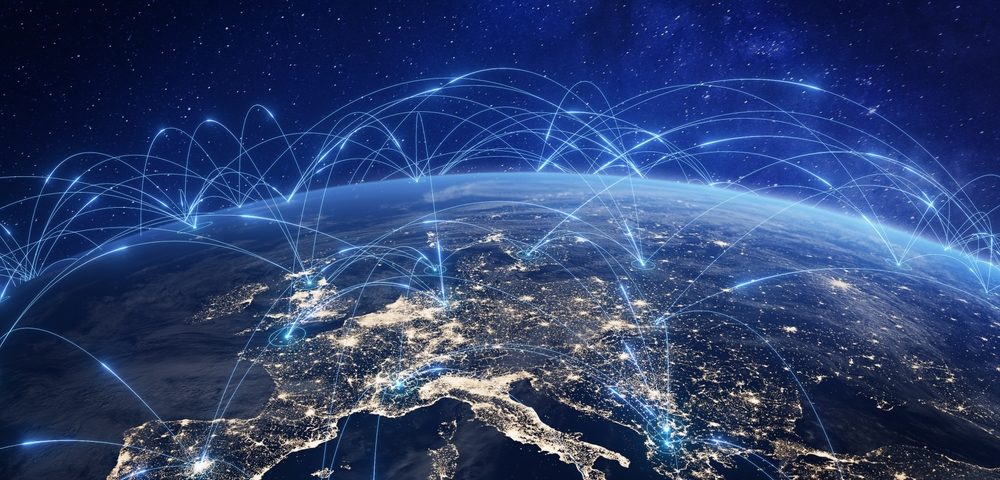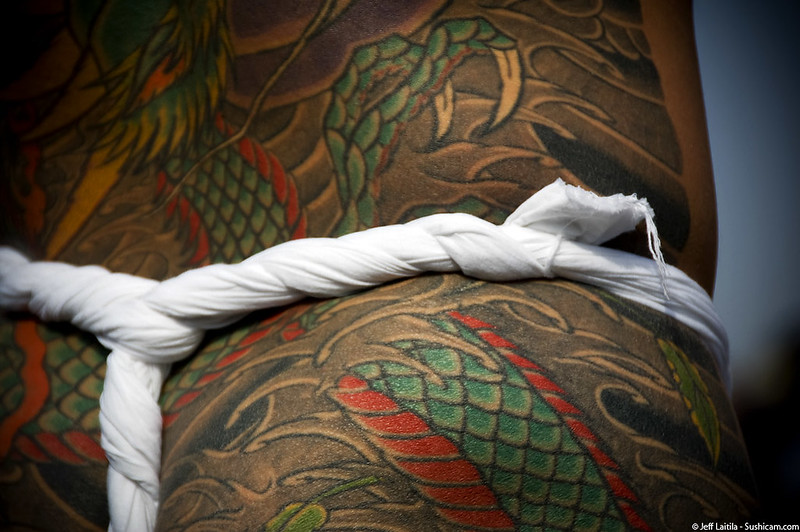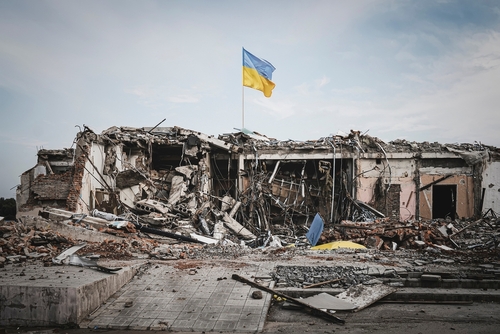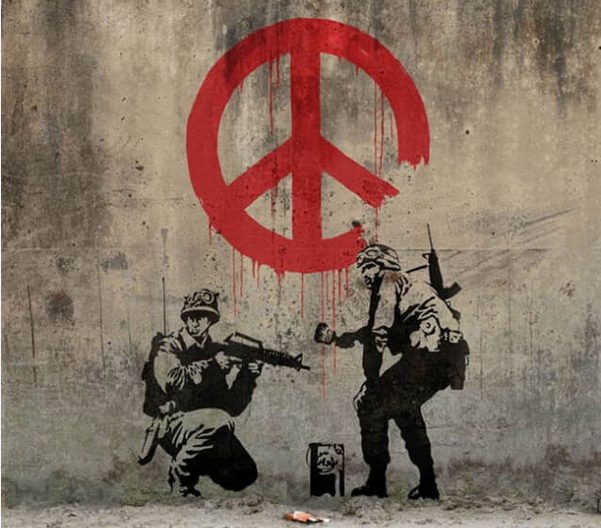

Facing the Scandal of Evil Through Literature
21 September 2023
The EU’s planned reconstruction efforts of Ukraine: A game changer?
13 November 2023by Christian Lequesne, CERI
The war in Ukraine has brought the notion of the West back into play, less in geopolitical terms than in terms of the democratic values that it embodies and that the vast majority of Ukrainians embrace. Paradoxically, the West’s comeback is occurring at a time when its model, which claims to be universal, is being challenged in many regions. This reality is forcing the European Union to rethink its relationship with the world. Less dependent on the United States and more complementary, it should enable the countries of the “global” South to play a greater role in the international system. It must also listen to the aspirations of their populations, especially their youth.

Merry Cemetery, Sapanta Village
The small town of Sāpânta, in northeastern Romania, boasts an unusual site that’s popular with tourists: its “joyful cemetery”. Each grave is adorned with a wooden cross depicting the life of the deceased, with an engraving and a poem. In August 2023, two flags were flown: that of Romania and that of the North Atlantic Treaty Organization (NATO). The municipality of Sāpânta did not plant this second flag by chance. Its presence, just ten kilometers from Ukraine, is a reminder that Romania belongs to the Atlantic Alliance, and therefore to the West. Beyond the Maramures mountains that mark the Romanian-Ukrainian border begins what the Czech writer Milan Kundera, who was naturalized French, called “the kidnapped West” during the Cold War.(1)Milan Kundera, A Kidnapped West: The Tragedy of Central Europe , 2023. First published in French in Le Débat, 1983.
A self-assured West
The French have never been very comfortable with the notion of the West, unlike the Americans and the British, who don’t hesitate to claim membership in a socially constructed whole called The West(2)Marko Lehti and Christopher Browning, The Struggle for the West. A Divided and Contested Legacy, Abingdon, Taylor and Francis, 2010., and the majority of Germans, who for forty years lived in a West Germany that differentiated itself from the communist Germany to the east. For many French people, the geopolitical concept of “the West” seems suspicious for at least three reasons: it expresses a form of European submission to the United States, it embodies a paternalistic endeavor to diffuse values to the South, and it was abusively wielded by the far right at one time. But the West we’re talking about here has nothing whatsoever to do with the superiority of any one continent. Its definition is Central European, in the sense that it is used to describe, as Kundera did, the values of belonging to liberal democracy claimed by Ukrainians, as opposed to an authoritarian counter-model offered by an imperial Russia.
The war in Ukraine has brought the notion of the West back into play, first because of the aspirations of the Ukrainian people, and second because of the alliance between the United States and Europe in providing military and economic aid to Kiev. Without Washington, now led by a president, Joe Biden, who is conciliatory towards Europe, Ukraine would not have been able to resist Vladimir Putin’s expansionist designs as it has. This is not to say that Europe has not done its part to support Ukraine. Use of the European Peace Facility to deliver weapons, member state commitments to fund aircraft and tanks, and the hosting of refugees have been remarkable(3)Thierry Chopin et Christian Lequesne, « L’Union européenne dans un continent en guerre”, Politique étrangère, n°3, 2022, pp. 75-87.. Nevertheless, Europe alone would not have succeeded in turning Ukraine into such a combative country. Beyond NATO’s effectiveness, Denmark’s return to the European Union’s (EU) Common Security and Defense Policy and, above all, the material commitment of its member states have spurred reassessments of their own diplomatic and military capabilities. Behind this new awareness lies, of course, the preservation of a normative political model: democracy. It may be an imperfect system rife with differences and illiberal leaders (like Donald Trump and Viktor Orbán), but it doesn’t involve poisoning opponents or organizing plane crashes to get rid of them.
A contested West
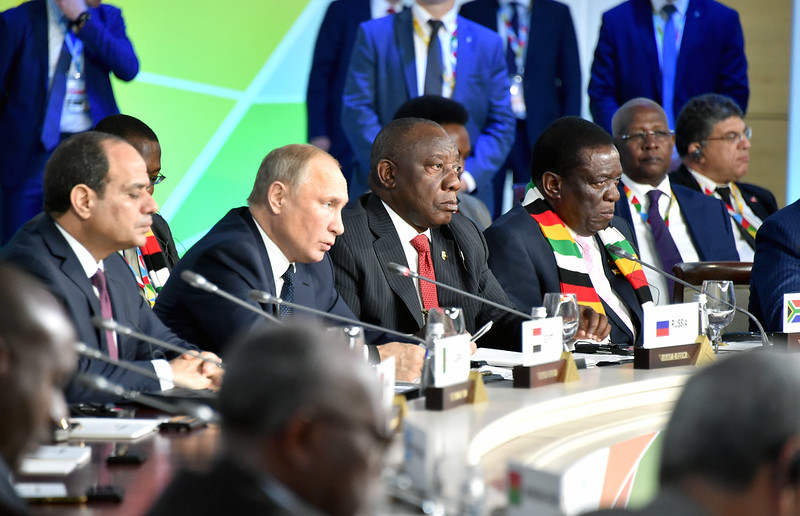
Russia-Africa Summit, Sotchi, 2019. Crédits : Gouvernement d’Afrique du Sud, via Flickr, CC BY-ND 2.0 Deed
Paradoxically, this tangible return of the West against the backdrop of the war in Ukraine is occurring at a time when its values are being challenged across the world, be it in China, India or, of course, Africa. Vladimir Putin understands this perfectly well, and knows how to exploit the distrust of the countries of the South towards a West consisting of former colonial powers.
The demonstrations by young people in Niger and Burkina Faso against France, with the Russian Federation’s flag as a backdrop, are first and foremost an expression of what Cameroonian historian and political scientist Achille Mbembé calls neo-sovereignism, which challenges the presence – especially the military presence – of the former colonial power. African youth are not alone in rejecting the historical presence of the West. It has not escaped anyone’s notice that China, India and Brazil have not sided with the West’s policy of sanctions against Russia, or of support for Kiev’s victory over Moscow. The G20 summit in New Delhi in September 2023 provides a case in point.
Its final declaration eschewed expressing hopes for a Russian defeat. The West to which the Ukrainians aspire so much, and which the Baltic and Moldavians hold so dear, proves to be fragile beyond the shifting borders of Central Europe when looking at the world as a whole.
The need to recast Europe’s role in the world
These realities have four consequences for the EU’s global diplomatic position and its place in the world. First, the EU continues to consider the transatlantic relationship as fundamental to global security, while constantly reassessing.
its room for maneuver in relation to the United States. There is no doubt that Europe shares with North America the values of democracy and freedom. At the same time, it runs the risk of seeing these values challenged by illiberal populism. However, it is not abandoning the idea of building its own capacity for diplomacy and security. It is embracing this idea even more so given the great uncertainty over the next US administration. Joe Biden is currently a “good” president for Europe. The return of Donald Trump or the rise of a similarly extremist leader would be a complete game changer.
Second, Europe is careful not to get embroiled in a policy towards China that would simply be following US policy. The President of the European Commission, Ursula von der Leyen, expressed this well in her State of the European Union address on September 12, 2023:”Reducing risks vis-à-vis Beijing, but not decoupling!”. It should be noted, however, that not all European states are on the same page: those who place great stock on the transatlantic relationship to ensure their security vis-à-vis Russia (Poland and the Baltic states) are also amenable to adopting the current hard line taken by the United States towards China(4)Earl Wang, « EU’s paradigm shift toward the rise of China », IRSEM research paper, avril 2022...
Third, Europe knows that it needs to do more to consider the countries of the South, which rightly feel that they do not have the place they deserve in the international system. It is therefore seeking to maintain good relations with powers such as Brazil and India. In Brazil, President Lula is certainly more sympathetic to Western values than to those of Putin. He refuses, however, to commit to any alignment, in a bid to usher in a new non-alignment(5)“The nonaligned World“, Foreign Affairs, Volume 102, N° 3, May/June 2023. in the international order and stand ready to mediate a peace agreement. Nor does Narendra Modi’s India want the US and Europe to be too weak, as it seeks to avoid a face-off with China. The EU therefore has no interest in distancing itself from Brazil and India, although the intolerance of Modi’s Hindu supremacist views should not be ignored.
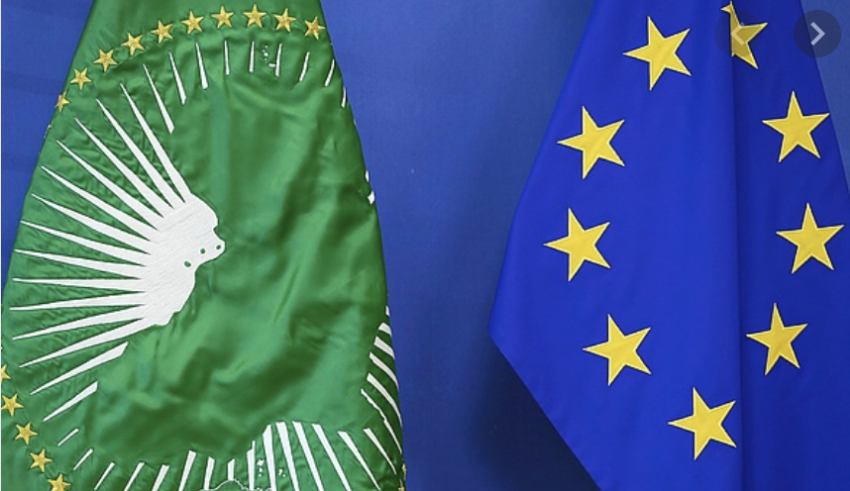
Source : EU-Africa relations – long-awaited enhanced cooperation?
Fourth, Europe is increasingly aware of the importance of a strategic partnership with Africa as a neighbor. Once again, Ursula von der Leyen stressed the importance of this in her State of the European Union address. But how to ensure that this objective takes a concrete form in the diplomacy of European states? The first step is to stop seeing Africa as a mere security glacis. A major flaw in France’s foreign policy over the past twenty years has been to see Africa primarily as a continent where troops could be sent to guarantee Europe’s security, particularly against the threat of terrorism. No reasonable person can deny the existence of a jihadist threat in the Sahel. But the security rationale alone does not suffice. The EU needs to offer prospects to African societies, and in particular to their young people. Security policies on migration, at a time when Europe has crucial workforce needs, are creating considerable resentment among the young people who manifested in the streets of Bamako and Niamey. Moreover, providing support to authoritarian presidents organizing pseudo-elections on the grounds that they are loyal to Europe is proving to be a serious strategic error. As a result, young Africans in several countries no longer believe in the very essence of democracy, namely elections, and are prepared to place their trust in military putsches.
When it comes to values, the West is no fiction. It is certainly not for a Ukrainian. This normative social construct continues to embody liberal democracy in international relations. As an essential component of the West, Europe, along with the United States, defends its values. Hence its desire to see Russia defeated in its conquest of Ukraine. Those who maintain that Vladimir Putin is acting in this way in Ukraine because he has been humiliated by the West are dabbling in historical half-truths. Putin never needed to feel humiliated in order to be convinced that Ukrainians could not claim their own sovereignty.
Towards a European way
Thus, Europe needs to think about its own diplomacy as complementary to, and not simply dependent on, the United States. It must do so in a world where the historical power of the West is being called into question. It must therefore pay particular attention to China and the powers of the South, without abandoning its commitment to democracy and freedoms, which form its very essence.
Christian Lequesne, a professor of political science, is former director of the Centre for International Studies (CERI). He has also led the French Research Center in Humanities and Social Sciences (CEFRES) in Prague and taught as Sciences Po-LSE Alliance Professor at the London School of Economics. He regularly publishes on the politics of the European Union and the practice of diplomacy. His latest book, The Diplomat and the Expat, was published in March 2024 (CNRS Éditions).
Notes
| ↑1 | Milan Kundera, A Kidnapped West: The Tragedy of Central Europe , 2023. First published in French in Le Débat, 1983 |
|---|---|
| ↑2 | Marko Lehti and Christopher Browning, The Struggle for the West. A Divided and Contested Legacy, Abingdon, Taylor and Francis, 2010. |
| ↑3 | Thierry Chopin et Christian Lequesne, « L’Union européenne dans un continent en guerre”, Politique étrangère, n°3, 2022, pp. 75-87. |
| ↑4 | Earl Wang, « EU’s paradigm shift toward the rise of China », IRSEM research paper, avril 2022. |
| ↑5 | “The nonaligned World“, Foreign Affairs, Volume 102, N° 3, May/June 2023. |

